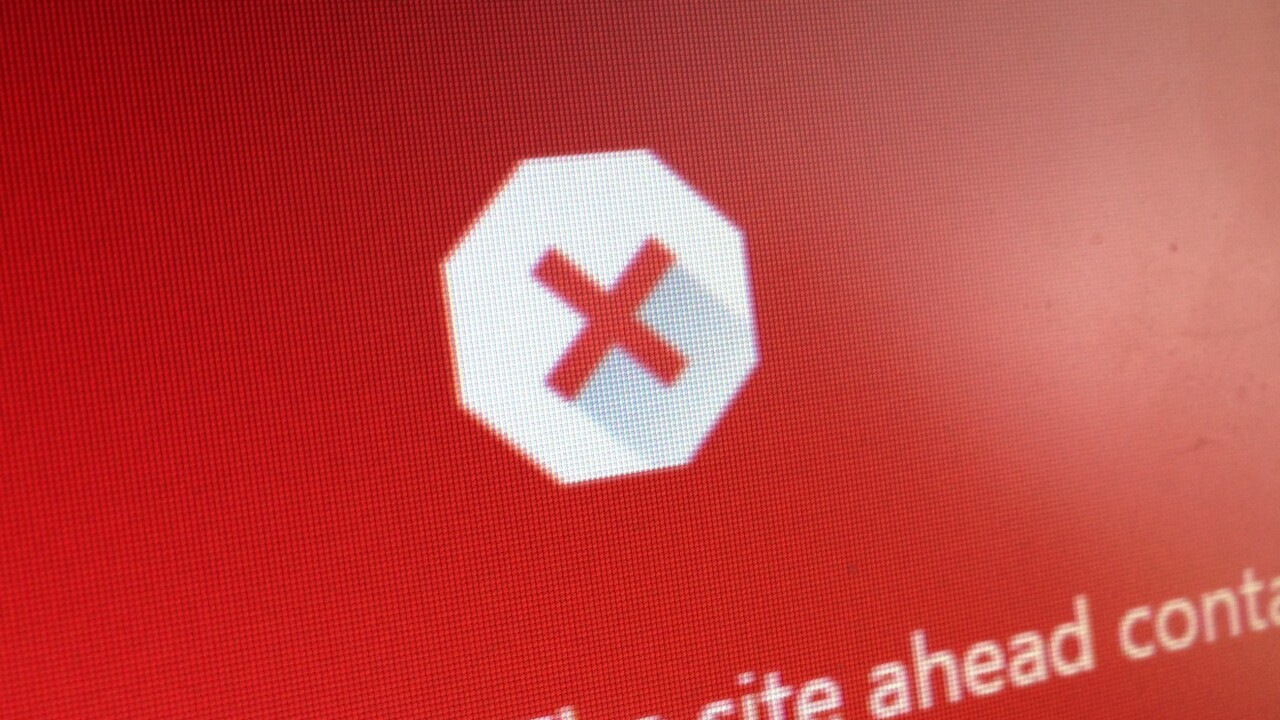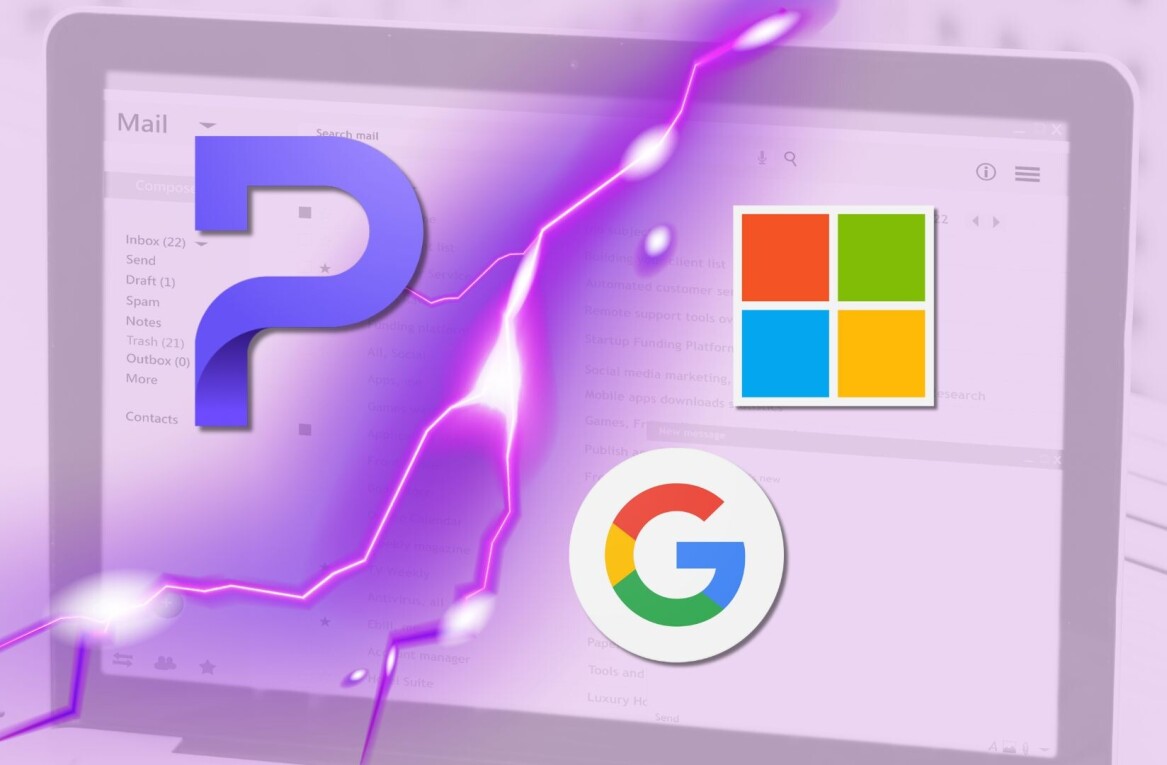
Update: Bitly says that the root of the problem was Google Safebrowsing, a service provided by the internet giant to browsers such as Firefox and Chrome, that highlights URLs that contain malware or phishing content. It says that Bitlinks are now no longer blocked, and no data/bitlinks were compromised.
The original article is below…
Having issues accessing Bit.ly links? You’re not alone. It seems many internet users are being greeted with this following message when accessing links that emanate from the popular link-shortening service.

While Bit.ly links are working fine on Safari and Internet Explorer, the problem was initially limited to Mozilla’s Firefox and Google Chrome, though Firefox now seems to be working fine for us.
Google itself states:
“Site [Bit.ly] is listed as suspicious – visiting this web site may harm your computer. Part of this site was listed for suspicious activity 31 time(s) over the past 90 days.”
Google adds that from the 91,854 pages it tested on the site in the past three months, “669 pages resulted in malicious software being downloaded and installed without user consent.” This included 200 trojans, 185 exploits and 152 scripting exploits.
There’s no word yet on what’s causing all Bit.ly links to be blocked, however. If it had just been Chrome blocking the Bit.ly links, then one could perhaps assume that there was an over-zealous Google at play. But given that it affected Firefox too for quite a while, this suggests that there could be something a little more malicious going on from Bitly’s side, with a higher-than-usual number of miscreant sites using Bit.ly links to trick internet users.
We’ll update here with more details as and when we receive them.
Update: Bitly says via Twitter that it is aware of the problem and is investigating. Additionally, all newly created links today should work as they will use the ‘Bitly.com’ domain while the problem continues.
We are aware of some intermittent issues with Chrome + Firefox. Our team is investigating the issue to solve ASAP!
— Bitly (@Bitly) October 25, 2014
Update: We've temporarily switched all new Bitlinks to use http://t.co/TZLWMTBiUV while resolving issues with bit.ly
— Bitly (@Bitly) October 25, 2014
Get the TNW newsletter
Get the most important tech news in your inbox each week.





